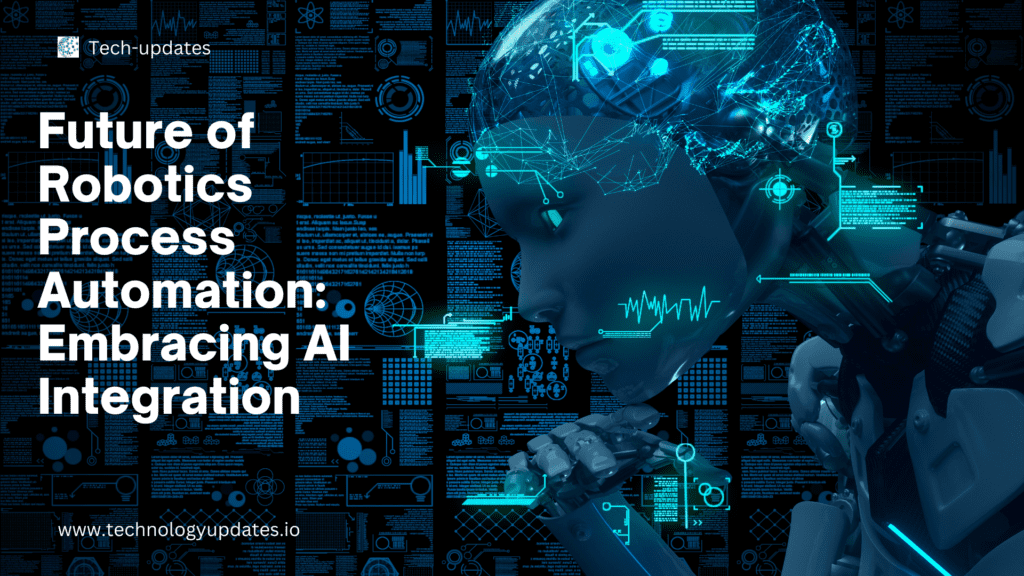Robotics Process Automation (RPA) stands at the forefront of digital transformation, revolutionizing how businesses operate. In essence, RPA leverages software robots to automate repetitive tasks efficiently. Looking ahead to 2025, the integration of Artificial Intelligence (AI) with RPA is poised to redefine organizational workflows and enhance productivity significantly.
Latest Trends in Robotics Process Automation
The year 2025 marks a new era for RPA, with trends indicating seamless integration with AI technologies. The expansion to broader platform-play offerings and a focus on automation development and deployment are driving RPA’s evolution to meet the dynamic needs of modern enterprises. The synergy between RPA and AI holds the potential to unlock new possibilities and fuel innovation across industries.
Key Players Shaping the RPA Landscape
Leading industry players such as Blue Prism and UiPath are at the forefront of the RPA revolution, influencing the adoption of automation solutions across various sectors. With cutting-edge technologies, these key players are instrumental in shaping the RPA landscape and empowering businesses to streamline processes for optimized efficiency.
Exploring the Future Scope of Robotics Process Automation
In 2025, RPA is on track to transcend its current capabilities, heralding a new wave of automation in diverse industries. Organizations are prioritizing cost reduction, improved customer service, and enhanced security through AI integration. The potential of generative AI to transform automation development and deployment is a key driver for RPA’s future success.
The Relevance of Robotics Process Automation in 2025
Despite technological advancements, RPA remains a crucial tool for automating tasks in both front and back-office operations. Enterprises are leveraging the combined power of RPA and AI to drive comprehensive digital transformation initiatives. By empowering citizen developers and promoting accessibility, RPA continues to play a pivotal role in achieving operational excellence.
Future of RPA Solutions: Advancing Toward Complex Automation
The future trajectory for RPA lies in its capability to automate intricate tasks and seamlessly orchestrate end-to-end processes. Industries like financial services and healthcare are embracing digital workforces, emphasizing RPA’s role in enhancing operational efficiency. With intuitive design tools and democratized development processes, RPA solutions are becoming more accessible to a wider audience.
Conclusion
As we navigate the automated landscape of 2025, the fusion of RPA and AI presents boundless opportunities for optimizing business operations. Through automation, organizations can streamline processes, increase productivity, and gain a competitive edge in the market. The future of RPA appears promising, offering a transformative journey towards efficiency and excellence.

